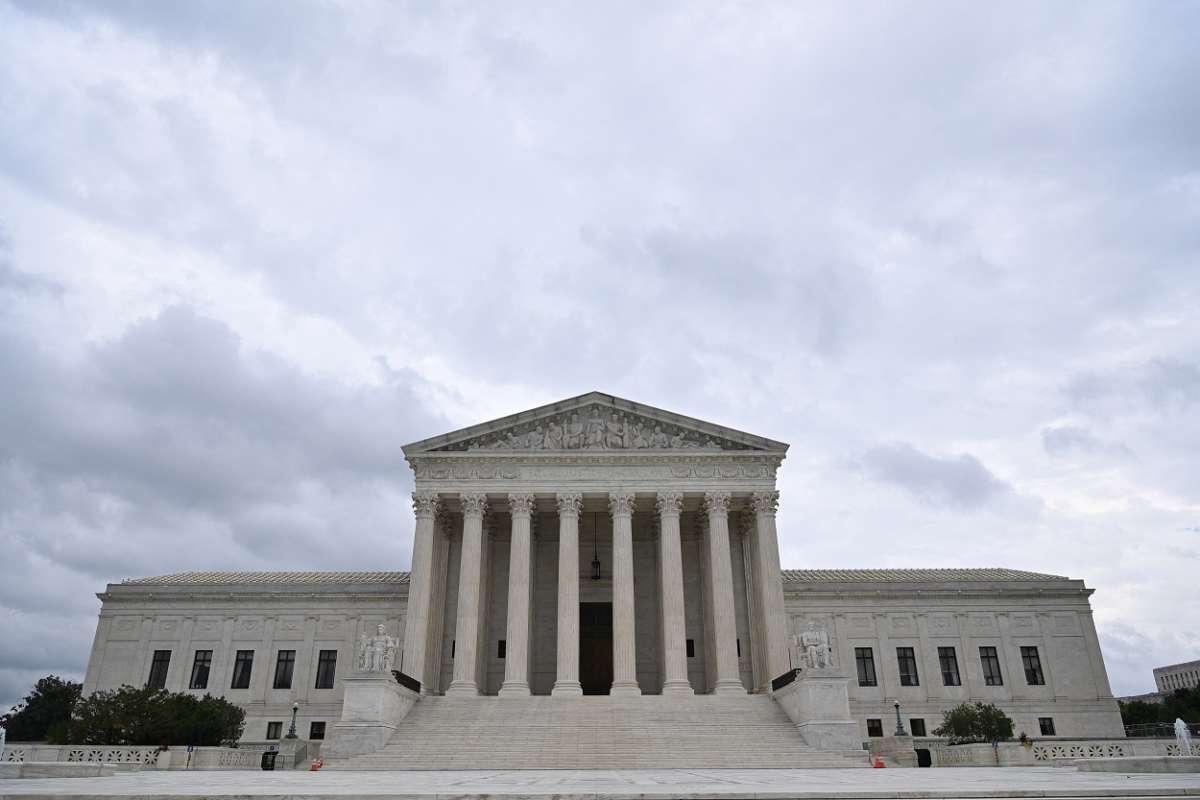Support justice-driven, accurate and transparent news — make a quick donation to Truthout today!
In a split decision issued late on Wednesday night, the United States Supreme Court ruled that it would not place a stay on a Texas law designed to limit abortion in the state to no later than six weeks after a person becomes pregnant.
Chief Justice John Roberts, a conservative, joined all three liberal bloc justices in dissenting with the majority opinion. The five remaining justices — including all three appointees of former President Donald Trump, who vowed to nominate anti-choice picks to the Court — simply said that they were unable to decide on the Texas law, based on its framework.
The law in Texas is unique in that it doesn’t put the state in charge of the enforcement of the highly restrictive ban. Rather, any individual is allowed to sue someone in the state if they believe that the person provided abortion services or otherwise helped another person to access them.
The design of the law, in theory, allows Texas to say it cannot be sued over it because it would be a civil suit brought by one person against another — the state itself would not be involved in enforcing the law. The Supreme Court’s conservative majority sided with that belief.
The opinion of the Court was a single paragraph long and not signed by any of the justices who ruled against intervention in the Texas law. It stated that a case had not been made by litigants to address the “complex and novel” procedural questions regarding the new statute.
Justice Sonia Sotomayor, penning a blistering dissent for the Court, objected to those views from the majority.
“The Court’s order is stunning,” Sotomayor wrote. “Presented with an application to enjoin a flagrantly unconstitutional law engineered to prohibit women from exercising their constitutional rights and evade judicial scrutiny, a majority of Justices have opted to bury their heads in the sand.”
Texas’s law “flouts nearly 50 years of federal precedents” set by the Supreme Court and other lower courts, the associate justice added, noting that the ruling on Wednesday night “rewards tactics designed to avoid judicial review,” and suggesting that other states in the future might try to replicate it.
Prior to their decision on Wednesday, Sen. Elizabeth Warren (D-Massachusetts) appeared on MSNBC to speak about the High Court’s refusal to act on the Texas law, noting that it was likely to have different effects on different people.
“I lived in an America in which abortion was illegal, when I was young, before Roe v. Wade. And when abortion is illegal, rich women still get abortions,” Warren said. “Women with resources still get abortions, women who have time and who have friends in other places will still get abortions. What this law is really about is not stopping abortions across the board. This is about bearing down on the most vulnerable among us.”
The Massachusetts senator said it was time for the legislative branch of government to do something about the issue.
“Let’s remember that 70 percent of Americans want to see Roe v. Wade as the law of the land,” Warren said. “The Supreme Court is not the only one who can provide that. Congress could pass Roe v. Wade.”
Trump is silencing political dissent. We appeal for your support.
Progressive nonprofits are the latest target caught in Trump’s crosshairs. With the aim of eliminating political opposition, Trump and his sycophants are working to curb government funding, constrain private foundations, and even cut tax-exempt status from organizations he dislikes.
We’re concerned, because Truthout is not immune to such bad-faith attacks.
We can only resist Trump’s attacks by cultivating a strong base of support. The right-wing mediasphere is funded comfortably by billionaire owners and venture capitalist philanthropists. At Truthout, we have you.
Truthout has launched a fundraiser, and we must raise $31,000 in the next 4 days. Please take a meaningful action in the fight against authoritarianism: make a one-time or monthly donation to Truthout. If you have the means, please dig deep.
